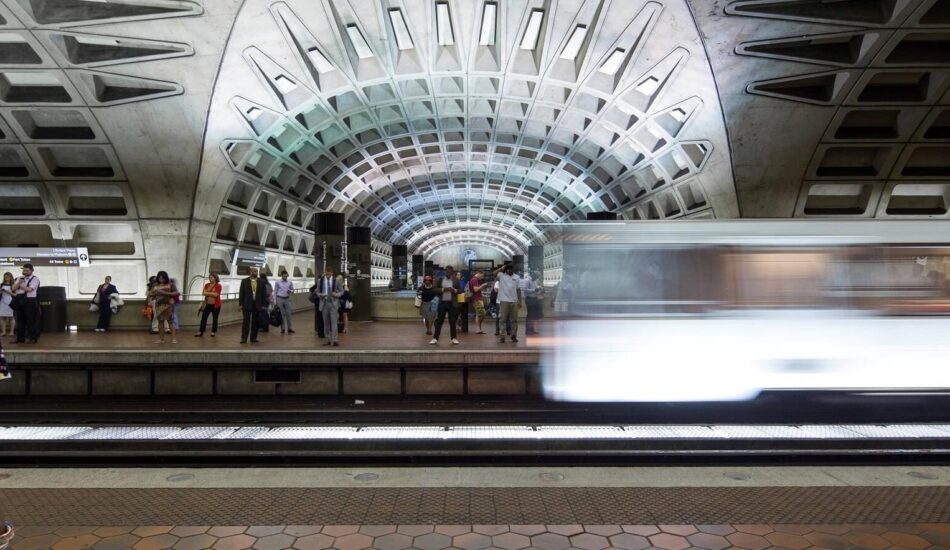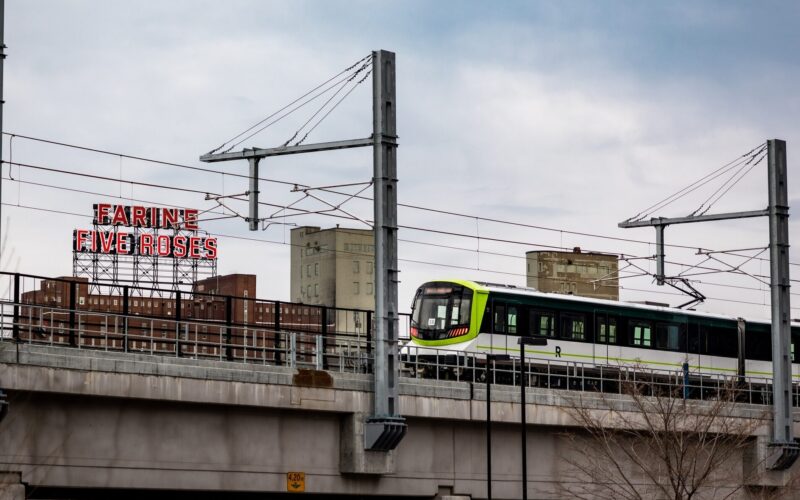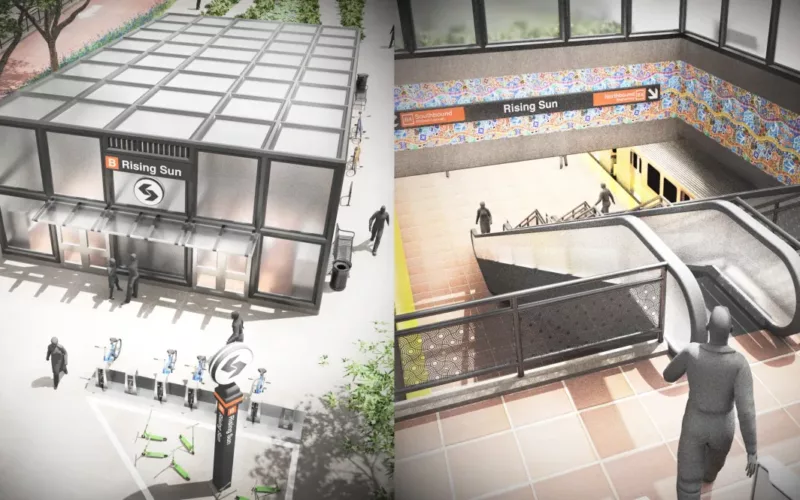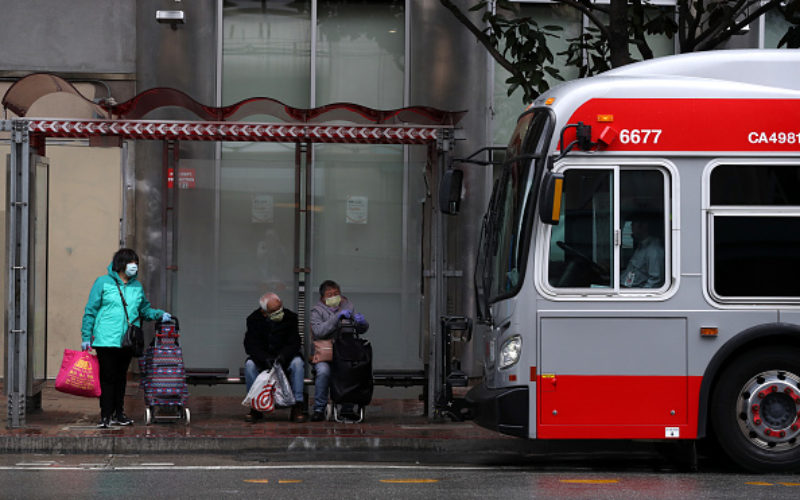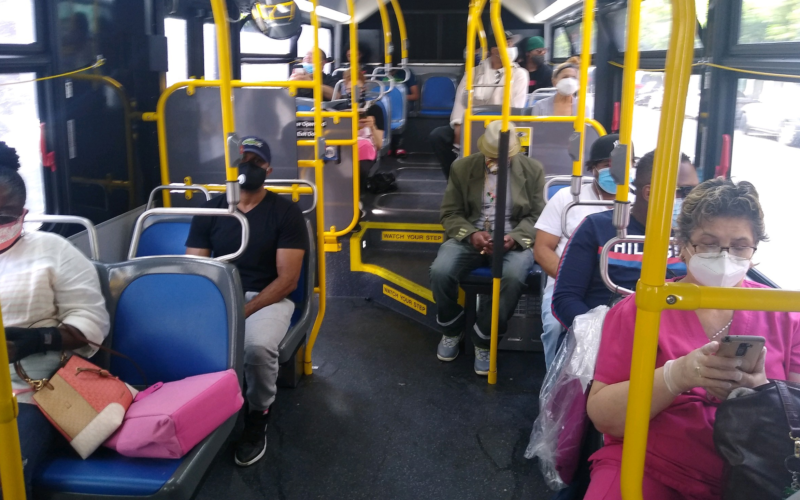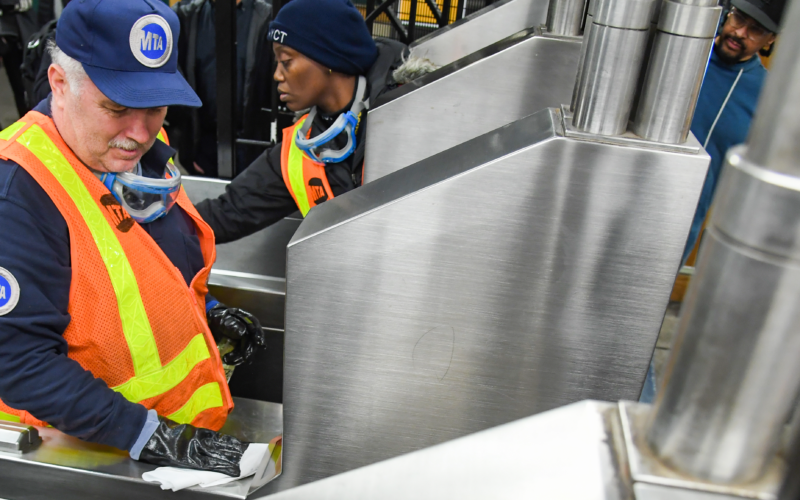The experience of being a WMATA rider has substantially improved over the last 18 months, thanks to changes the agency has made like adding off-peak service and simplifying fares. Things are about to get even better with the launch of all-door boarding later this fall, overnight bus service on some lines starting in December, and an ambitious plan to redesign the Metrobus network. But all of this could go away by July 1, 2024.
Read MoreWhy is it so difficult to build subway and light rail projects in America? Every week there’s a new story about an American transit project that is behind schedule, over budget, or “paused”. Montreal’s Réseau express métropolitain (REM) stands out as a recent North American project that has begun to address some of the challenges that have foiled so many others. What is REM getting right that other projects aren’t?
Read MoreTransit advocates, organizers, and riders are calling on local and state agencies along with the USDOT to advance projects designed to improve the mobility of Black and Brown individuals at a time when there is unprecedented funding and an equitable framework to transform transportation infrastructure, support the climate, and right historic injustices.
Read MoreColorado Governor Jared Polis has assumed an adversarial position towards Denver's RTD. Over the past six months, Polis has pressured the agency to move forward on an ill-conceived rail extension from Denver to Boulder, and omitted funds for RTD from the state’s transportation budget.
Read MoreWe present this preliminary analysis as a summary and guide to the geographic distribution of transit funds in the December COVID relief package.
Read MoreWhile HEROES Act funding would significantly reduce anticipated shortfalls, it would still address less than a year’s worth of the expected deficit for many large and mid-sized transit agencies.
We estimate that over the next 12 months, the MTA faces an operating shortfall of $8-$11.5 billion. This means that, after stimulus funding from the CARES Act is taken into account, the MTA faces a shortfall of at least $4.4-$8.0 billion.
